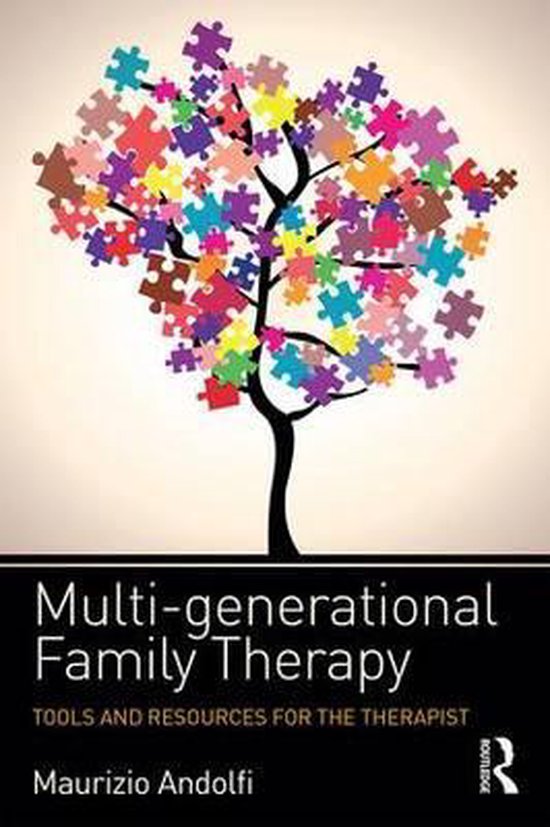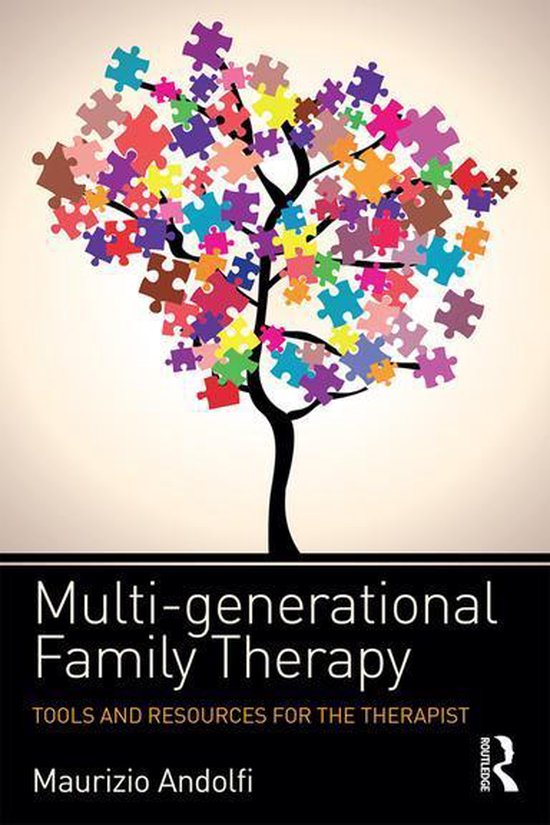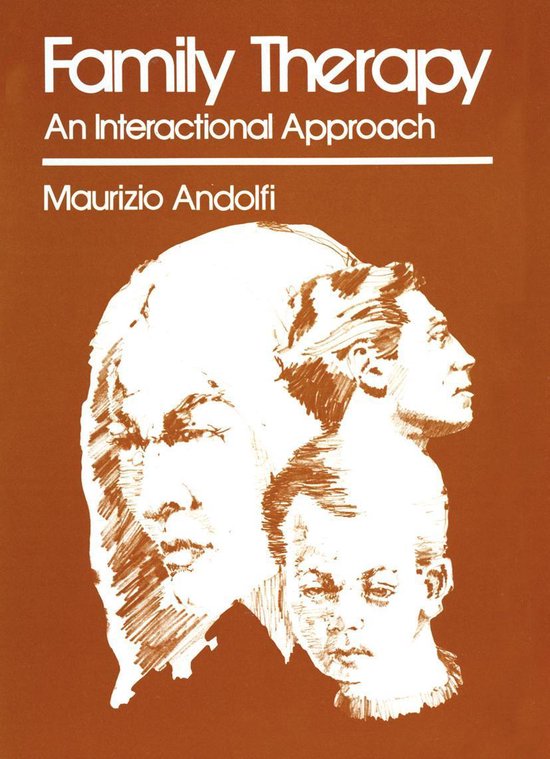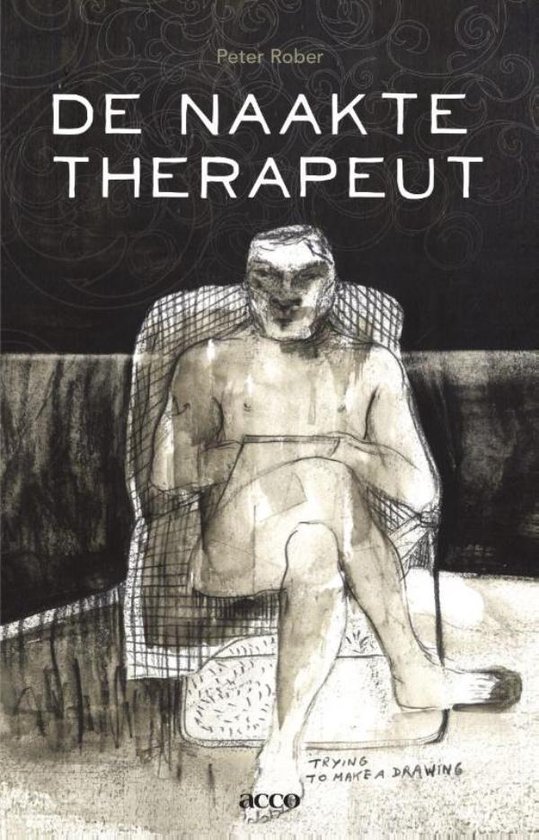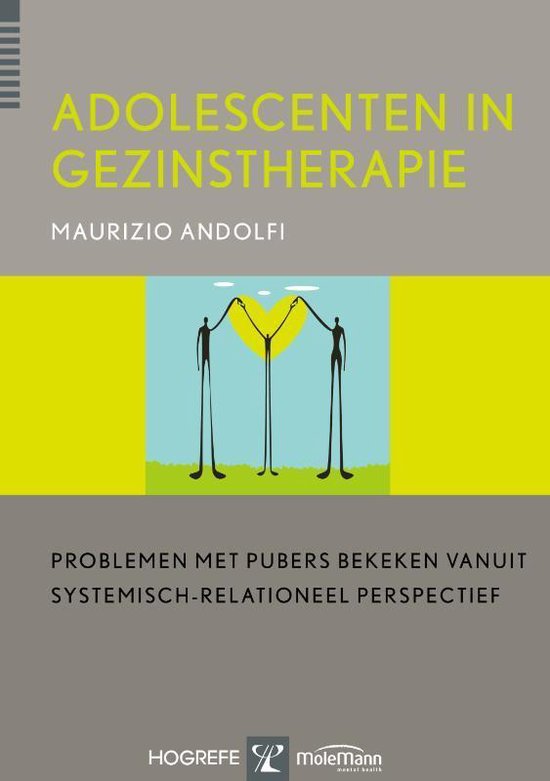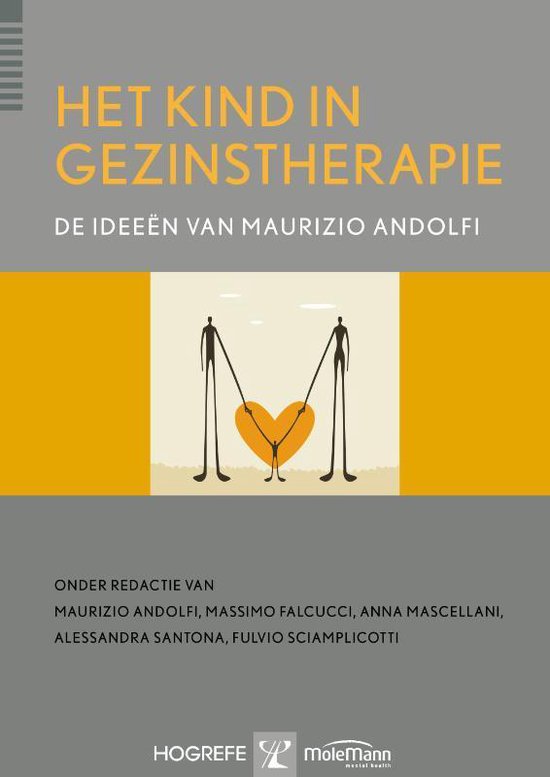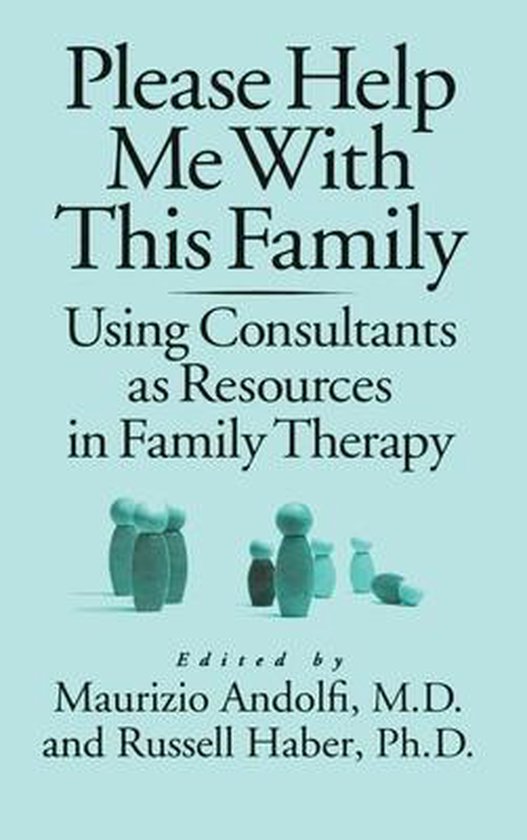
Please Help Me With This Family
Illustrates approaches and methods for unlocking resources in family and therapeutic systems. Provides a review of the theoretical roots of family therapy consultation, and discusses consultive resources in the client system and how best to utilize them. Address issues such as using friends, childr
Please Help Me With This Family is based on the premise that it is generally useful to expand the therapeutic system when it is not working. By calling in additional resources when therapy reaches an impasse, the therapist is giving two strong messages to stuck families-(1)the admission of the failure of the present system to grow beyond the impasse, and (2) a model of creativity in recruiting resources to improve chances of success. Often, the resources in the large system hold the keys to uncovering and correcting troublesome relationships and behaviors in the smaller system. Please Help Me With This Family is divided into four major sections, each illustrating unique approaches and methods for unlocking resources in family and therapeutic systems. The first section opens with a comprehensive review of the theoretical roots of family therapy consultation, followed by a discussion of the different faces of consultation around the world; a detailed case study of an anorectic family in which Maurizio Andolfi successfully provokes a therapeutic impasse; and to which Carl Whitaker provides fascinating insights into his role as a consultant. Section II discusses the variety of consultative resources available in the client system and how best to harness them. Chapters cover using the child as consultant; using family of origin and friends as resources; and the use of consultation in treating addictions. Using colleagues as consultants is the focus of the third section. Consultation has the advantage over cotherapy and supervision of requiring only a brief, cost?effective relationship. Chapters discuss how therapists can avoid replicating errors by working closely with the client's previous therapist: an eco?systemic approach with chronic pain sufferers that involves medical, family, and community systems in Israel; using consultation to evaluate therapy; the creative?preventive possibilities inherent in collegial consultation; how a family therapist and school system personnel can be mutually helpful with a conjoint problem; and a consultation that focuses on the position of the therapist rather than on the client system. Finally, Section IV addresses consultation as a valuable form of professional development. It explores the importance of timing when using a consultant; the effects on five therapists of live case demonstrations with Maurizio Andolfi as consultant; and consultation to correct gender prejudice. Contributors to this volume include Vincenzo F. DiNicola, Elizabeth Ridgely, Joseph Simons, David Keith, Jim Guinan, William Jones, Lars Brok, Joel Elizur, Sara B. Jutoran, Noga Rubinstein?Nabarro, Bob Wendt, Audrey Ellenwood, Peter Liggett, Marsha Purvis, Mary Hotvedt, and Marcella de Nichilo. Students and clinicians who wish to practice consulting as well as family therapists who want to learn creative approaches to handling the dilemmas that arise in therapy will find Please Help Me With This Family to be an incomparable resource.
Please Help Me With This Family is based on the premise that it is generally useful to expand the therapeutic system when it is not working. By calling in additional resources when therapy reaches an impasse, the therapist is giving two strong messages to stuck families-(1)the admission of the failure of the present system to grow beyond the impasse, and (2) a model of creativity in recruiting resources to improve chances of success. Often, the resources in the large system hold the keys to uncovering and correcting troublesome relationships and behaviors in the smaller system. Please Help Me With This Family is divided into four major sections, each illustrating unique approaches and methods for unlocking resources in family and therapeutic systems. The first section opens with a comprehensive review of the theoretical roots of family therapy consultation, followed by a discussion of the different faces of consultation around the world; a detailed case study of an anorectic family in which Maurizio Andolfi successfully provokes a therapeutic impasse; and to which Carl Whitaker provides fascinating insights into his role as a consultant. Section II discusses the variety of consultative resources available in the client system and how best to harness them. Chapters cover using the child as consultant; using family of origin and friends as resources; and the use of consultation in treating addictions. Using colleagues as consultants is the focus of the third section. Consultation has the advantage over cotherapy and supervision of requiring only a brief, cost?effective relationship. Chapters discuss how therapists can avoid replicating errors by working closely with the client's previous therapist: an eco?systemic approach with chronic pain sufferers that involves medical, family, and community systems in Israel; using consultation to evaluate therapy; the creative?preventive possibilities inherent in collegial consultation; how a family therapist and school system personnel can be mutually helpful with a conjoint problem; and a consultation that focuses on the position of the therapist rather than on the client system. Finally, Section IV addresses consultation as a valuable form of professional development. It explores the importance of timing when using a consultant; the effects on five therapists of live case demonstrations with Maurizio Andolfi as consultant; and consultation to correct gender prejudice. Contributors to this volume include Vincenzo F. DiNicola, Elizabeth Ridgely, Joseph Simons, David Keith, Jim Guinan, William Jones, Lars Brok, Joel Elizur, Sara B. Jutoran, Noga Rubinstein?Nabarro, Bob Wendt, Audrey Ellenwood, Peter Liggett, Marsha Purvis, Mary Hotvedt, and Marcella de Nichilo. Students and clinicians who wish to practice consulting as well as family therapists who want to learn creative approaches to handling the dilemmas that arise in therapy will find Please Help Me With This Family to be an incomparable resource.
| Auteur | | Andolfi, Maurizio |
| Taal | | Engels |
| Type | | Hardcover |
| Categorie | | Geneeskunde & Verpleging |
